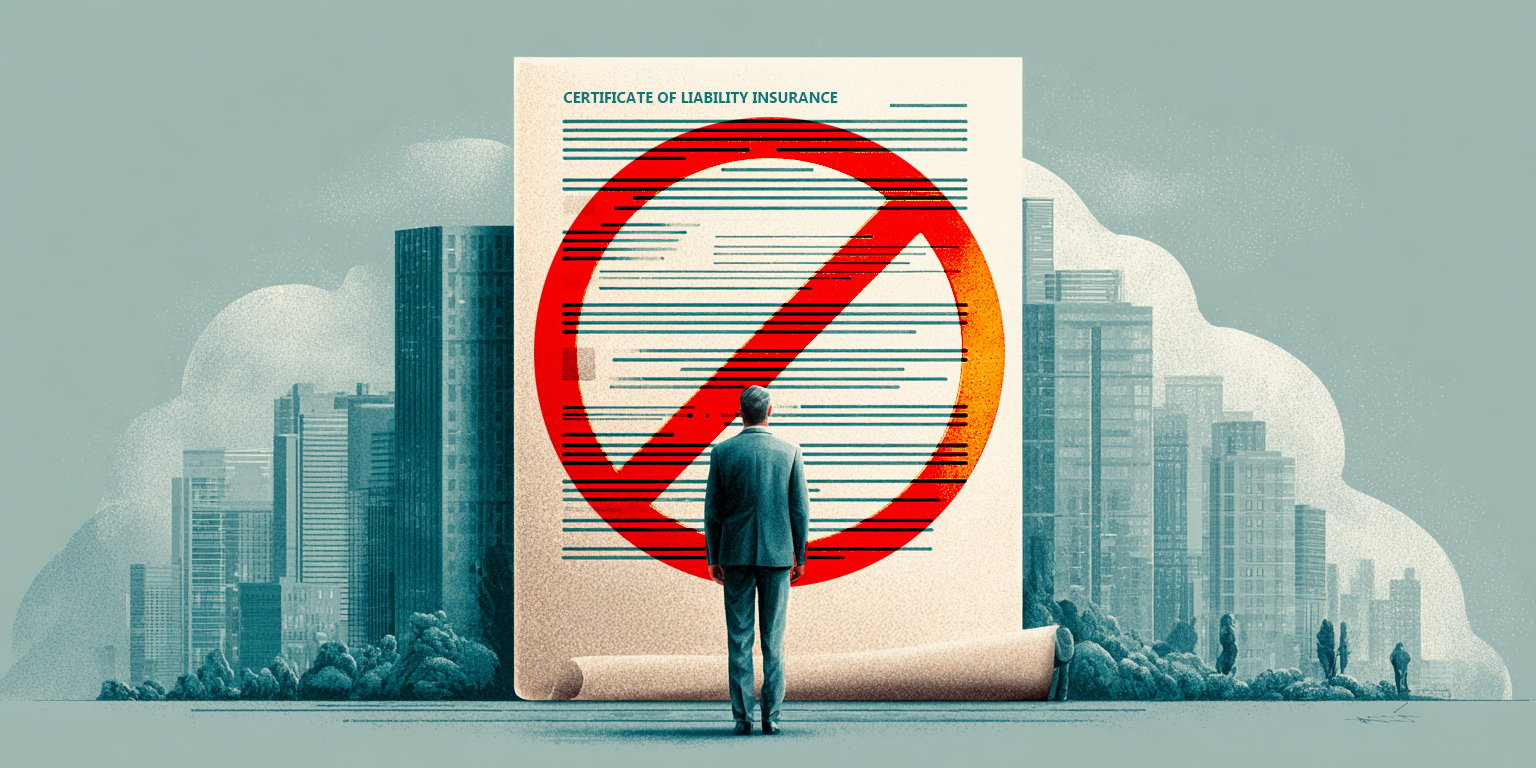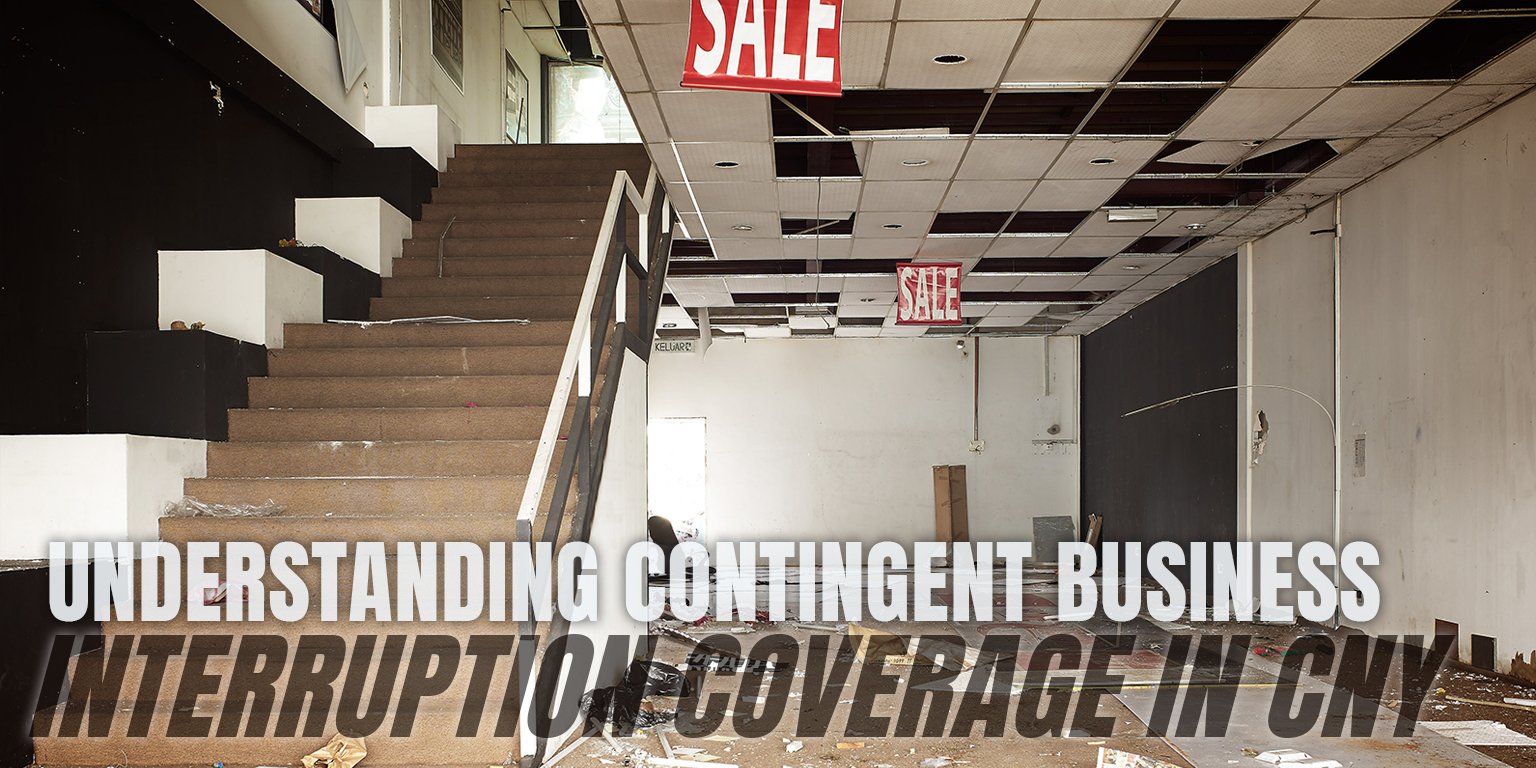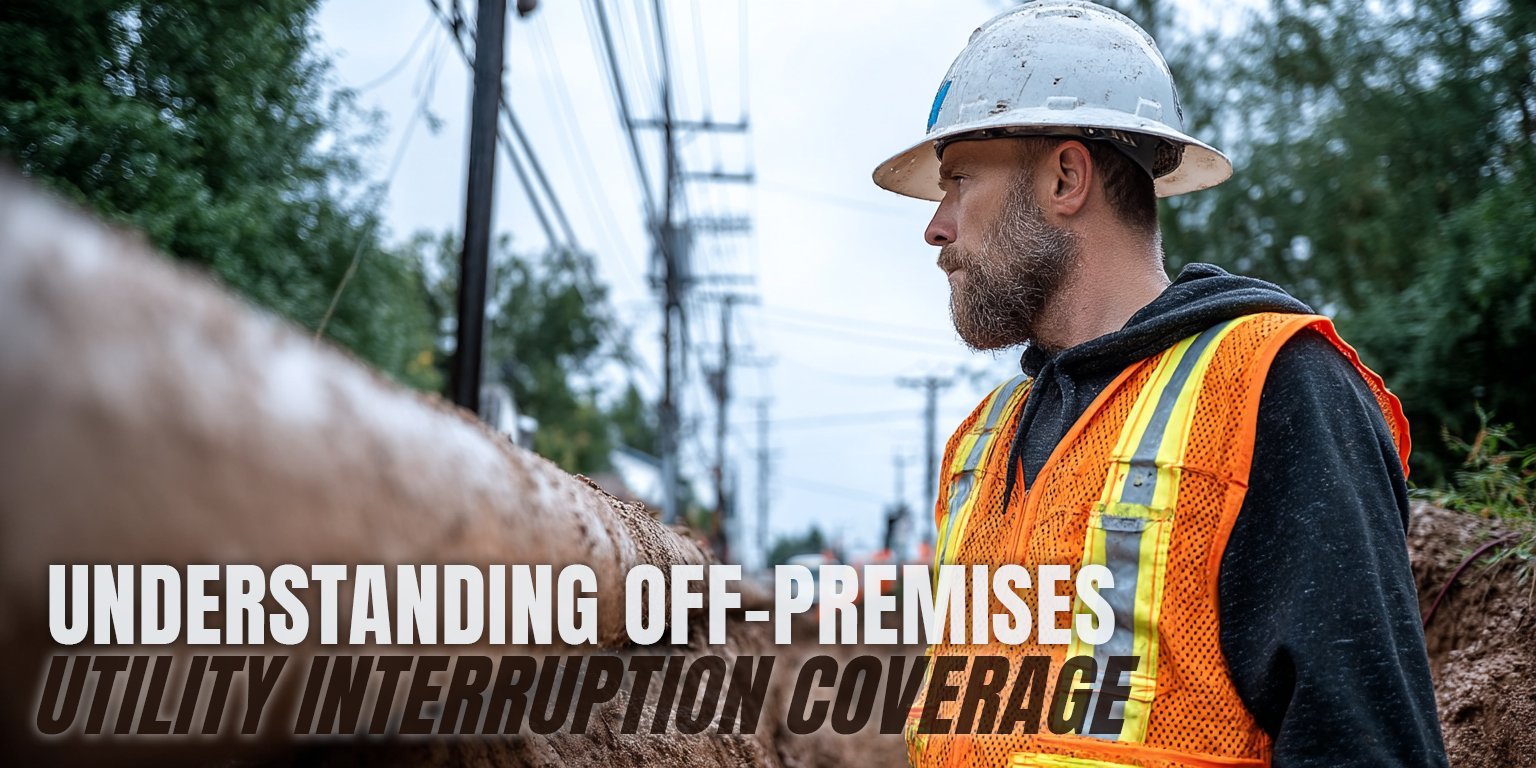Do You Need to List Non-W2 Workers on Your New York Workers Compensation Policy?
May 7th, 2025
3 min read

Every New York business owner faces confusing decisions about workers compensation coverage. While most understand that W2 employees need coverage, the requirements for 1099 contractors, part-time help, and other non-traditional workers create uncertainty.
This confusion often leads to unexpected costs during workers compensation audits and potential compliance issues with New York State regulations.
At the Horan insurance agency, we help Central New York business owners understand workers compensation requirements for various worker classifications. We work with multiple carriers to help businesses determine which individuals need coverage under their policies.
In this article, we'll clarify which non-W2 workers must be listed on your New York workers compensation policy, how to prepare for insurance audits, and what documentation can help you manage premium charges.
Understanding Who Must Be Covered Under Your New York Workers Compensation Policy
New York State maintains strict workers compensation requirements that extend beyond traditional employees. The determining factor isn't simply how workers receive payment (W2 vs. 1099) but rather their relationship with your business.
For your standard W2 employees, the requirement is straightforward—they must be covered under your workers compensation policy. However, many business owners don't realize that certain non-W2 workers may also need coverage.
During your annual workers compensation audit, insurance companies review payments made to individuals who performed services for your business. Those without their own insurance coverage often get classified as your responsibility, resulting in additional premium charges.
How Uninsured Service Providers Impact Your Workers Compensation Costs
 Consider this common scenario: You hire an individual cleaning person for your Central New York office. They send you invoices regularly, and you pay them as a service provider. During your workers compensation audit, the auditor asks for proof of that person's insurance coverage.
Consider this common scenario: You hire an individual cleaning person for your Central New York office. They send you invoices regularly, and you pay them as a service provider. During your workers compensation audit, the auditor asks for proof of that person's insurance coverage.
If the cleaner doesn't have their own workers compensation policy, the payments you've made to them may be added to your payroll calculations. The same applies to:
- Individual 1099 contractors without their own coverage
- Freelance or part-time workers providing regular services
- Outside sales representatives compensated through commissions
- Maintenance workers paid directly rather than through a company
When these individuals lack their own insurance policies, New York regulations often require them to be covered under your policy, even though they aren't traditional employees receiving W2 wages.
Preparing Your Business For Workers Compensation Considerations
The most effective strategy to address workers compensation premium calculations involves verifying insurance coverage for anyone performing services for your business.
When hiring contractors or service providers in New York, consider these preparatory measures:
- Request certificates of insurance showing active workers compensation coverage before making any payments
- Have yourself listed as an additional insured on their general liability policy
- Include insurance requirements in any service agreements
- Maintain organized documentation of all insurance certificates
- Establish notification procedures if their policies lapse or cancel
Being designated as an additional insured provides an important safeguard—you'll receive notification if the contractor's insurance policy lapses or gets canceled, allowing you to address the situation before your next audit.
How to Prepare for Your Workers Compensation Audit
Workers compensation audits often catch New York business owners off guard when payments to seemingly independent contractors get reclassified as covered payroll.
To prepare for your audit:
- Maintain separate records of payments to all service providers
- Create a file containing current certificates of insurance for all contractors
- Review your operations regularly to identify any new service providers who might need coverage verification
- Consult with your insurance agent about specific contractors or service arrangements
- Address any coverage questions before your scheduled audit date
These proactive steps can affect premium costs and audit experiences.
Distinguishing Between Employee and Independent Contractor Classifications
New York uses specific criteria to determine whether someone qualifies as an independent contractor or must be treated as an employee for workers compensation purposes. The distinction goes beyond how they receive payment.
True independent contractors typically:
- Control their own work schedule and methods
- Provide services to multiple clients
- Use their own equipment and tools
- Maintain their own business identity
- Carry their own insurance coverages
Even if someone invoices your business as a contractor, New York may still consider them your employee for workers compensation purposes if they don't meet these criteria.
The Results of Worker Classification Decisions on Your Policy
Overlooking non-W2 workers on your policy can lead to several considerations:
- Premium adjustments following your annual audit
- Potential coverage questions if an uninsured worker gets injured
- Compliance factors with New York State workers compensation requirements
- Factors affecting rates for future coverage
These issues highlight why proper classification matters for both compliance and cost considerations.
Reviewing Your Workers Compensation Documentation Strategy
Understanding which non-W2 workers need coverage provides a foundation for informed insurance decisions. Rather than assuming someone doesn't need to be on your policy based solely on their payment structure, consider their relationship with your business and their insurance status.
The Horan insurance agency works with Central New York businesses regarding workers compensation requirements for various worker classifications. We can discuss coverage considerations for different contractor arrangements and share information about documentation for audit preparation.
Click the Get a Quote button below to learn more about workers compensation coverage for your business's specific worker classifications.
This article provides general information about workers compensation insurance requirements in New York. Individual situations may vary, and regulations change over time. Please consult with your insurance agent to discuss your specific circumstances.
Daniel is an accomplished content creator. He has been working in publishing for almost two decades. Horan Companies hired Daniel as its content manager in November 2022. The agency entrusted its messaging to him. Since then, Daniel has written insurance articles, service pages, PDF guides, and more. All in an effort to educate CNY readers. He's helping them understand the world of insurance so they can make informed decisions.




























